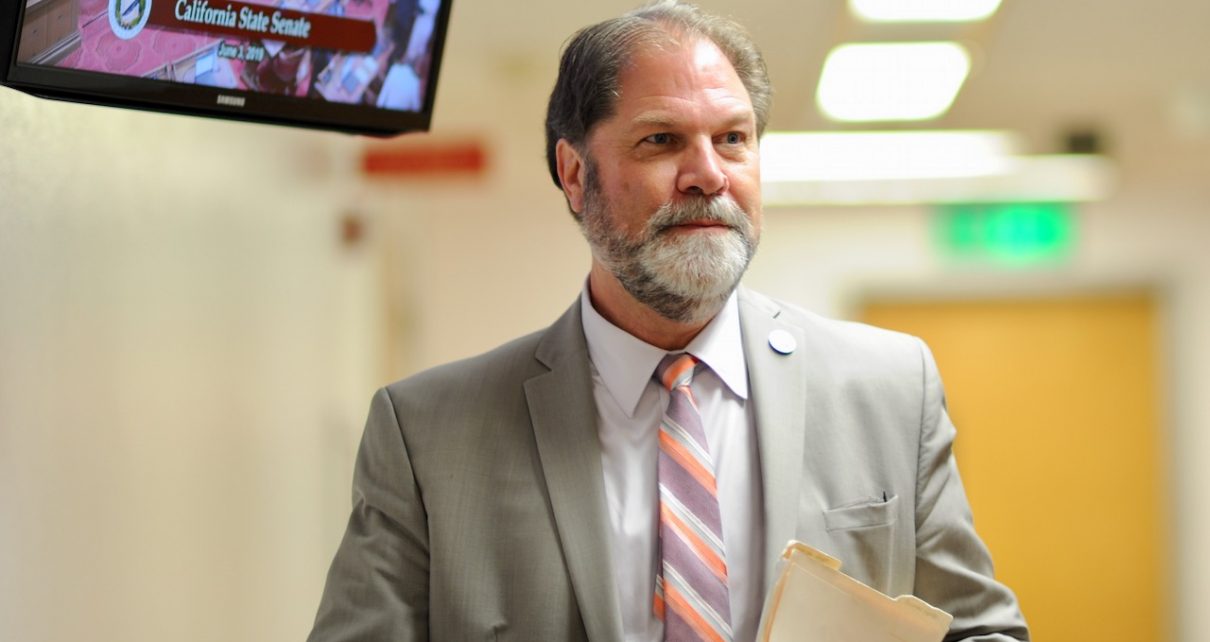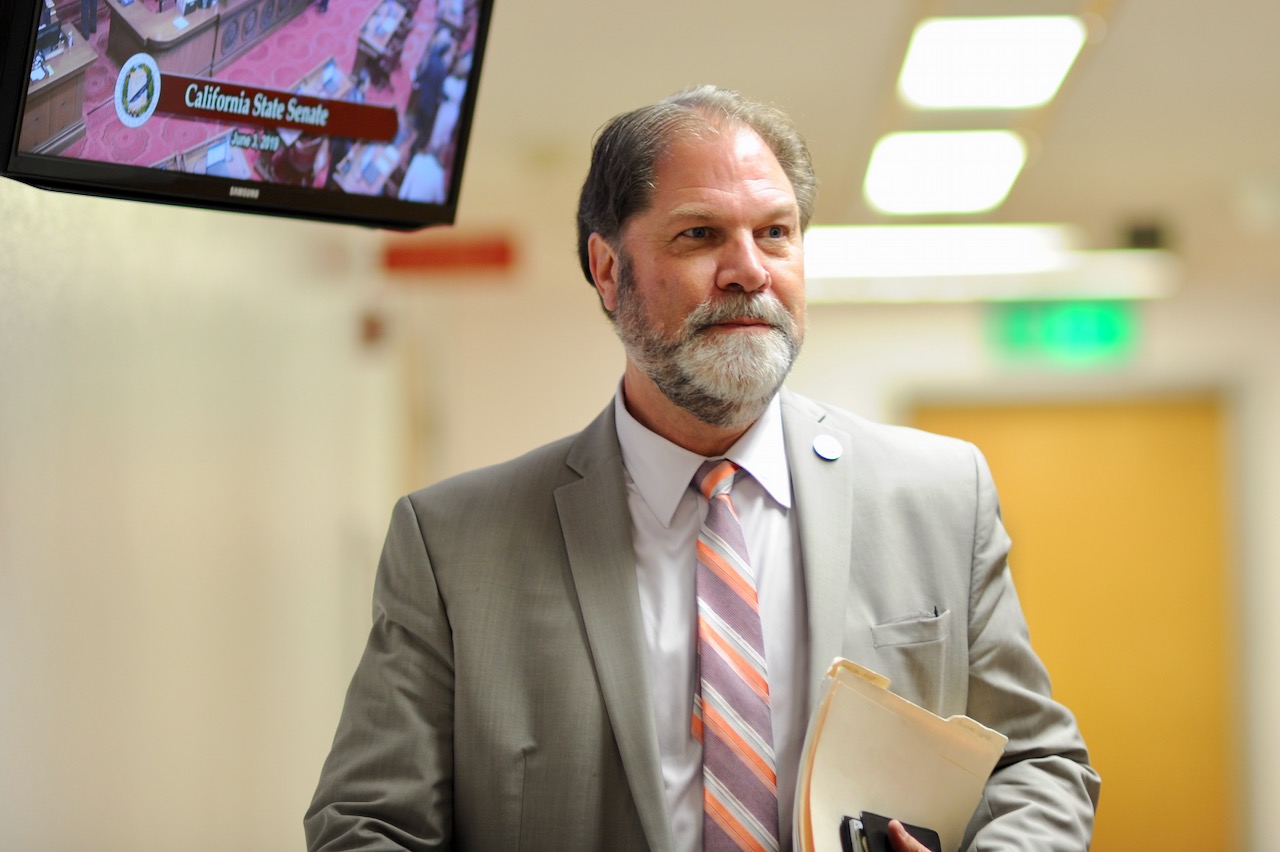
Sen. John Moorlach: ‘CAFR 50, Where Are You?’
49 of the 50 states have completed and published their annual audited financial statements; not California
By John Moorlach, June 8, 2020 6:00 pm
It’s June 8th, do you know where your state’s June 30, 2019 State Comprehensive Annual Financial Report (CAFRs) is?
Did you know that 49 of the 50 nation’s states have completed and published their annual audited financial statements? Even the state of Illinois has finally filed theirs. Illinois was last year’s laggard. Which state will be the last to issue their managerial reports for the year ended June 30 of last year, or nearly 12 months ago? You guessed it — California.
When the State Controller’s Office was asked about the long overdue public notification of the status of California’s balance sheet, can you guess what their excuses are?
We were informed that the Secretary of State’s office and the State Water Resources Control Board have not yet given their data to the Controller.
Can you imagine? The Secretary of State? A department run by an independently elected statewide official is late? The same department that had faulty software in place when motor voter was initiated? The same department that will be overseeing the state’s first all mail-in ballot process in November?
The State Water Resources Control Board is a division of the California Water Boards. This department is overseen by the Secretary of Environmental Protection, Jared Blumenfeld. How does this small state agency hold up the entire CAFR?
You can’t blame COVID-19 when the other 49 states, including New York, have issued their CAFRs.
The big question is where will the unrestricted net deficit land under Gov. Newsom’s first six months in office? Will his predecessor’s fiscal efforts have helped reduce the deficit? Held it steady? Or, did it increase?
As you can see from the above graph, the trend over the last two decades has not been too impressive. This has been due to the dot-com bust of 2000, the energy crisis in 2002 and the liquidity crisis in 2008. This was followed by the requirement that unfunded actuarial accrued liabilities for pensions be reported in 2015 and for retiree medical in 2018. One would expect that the deficit should be lower as of June 30, 2019. One can only hope.
If California stays at its current $213 billion deficit, it will maintain its spot in 41st place on a per capita basis, where it moved up to for the June 30, 2018 CAFR rankings (see MOORLACH UPDATE — 2018 State Per Capita UNPs — August 22, 2019).
If the deficit is reduced by $22.2 billion, then California could move up a position. If it increases the deficit by a similar amount, then it would drop a position.
As for the size of the unrestricted net deficit, if California stays the same or decreases this nut, then it will move up to 48th place. Illinois and New Jersey are that bad. It would have to cut it by more than half to move up to 47th place. But, if the deficit increases by even a small amount, then the Golden State will stay in 49th place and could possibly regain 50th place, a position it has traditionally held for a very long time.
The most disturbing concern that I have about the lateness of the release is that it is now evident that the Legislature will not see the most recent CAFR until after we vote on the budget next Monday. In fact, we were told by the State Controller’s Office that the CAFR may not be available until the month of September, a tardiness that is truly a national embarrassment.
It harkens back to the title of the 1960’s sitcom, “Car 54, Where Are You?” This time, it’s “CAFR 50, Where Are You?”
- John Moorlach: If I Were Governor, Here are Ten Ideas I’d Pursue to save California - December 15, 2025
- Cal Berkeley and Antifa, Again - November 25, 2025
- Scary Governor Newsom - October 31, 2025






It might be an appropriate question to ask Are all the financial statements actual or estimates? I have been total instructions were given for departments to prepare estimated statements since many departments cannot close their books due to FI$Cal. Community College and others.
Per information I was told: Not all departments filed actual statements. Some departments were given instructions on preparing estimated statements.